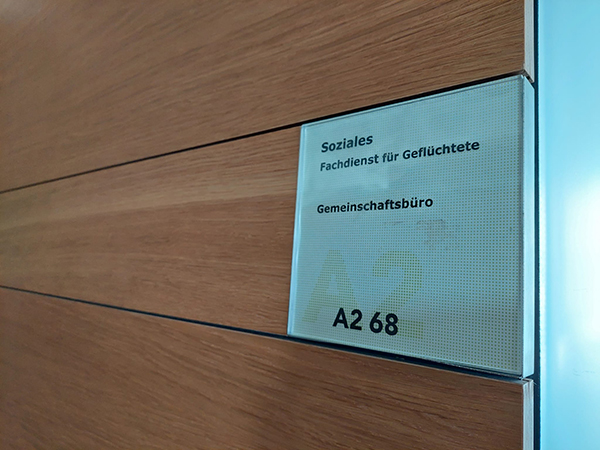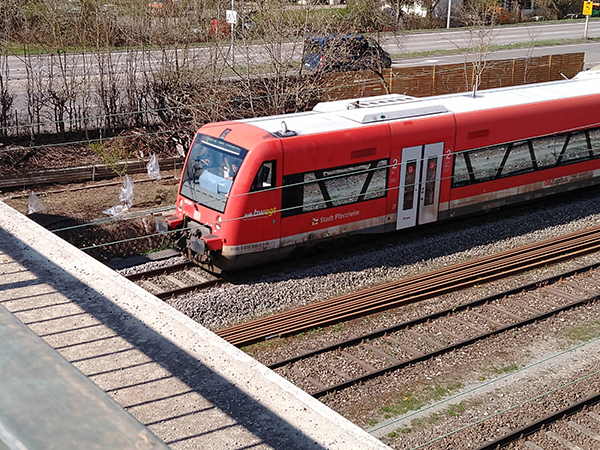Around 400 refugees from the district of Tübingen have become independent of the district’s social services, according to Martin Quack, one of the heads of the specialized service for refugees at the Tübingen District Office. Most of these refugees succeeded in finding a job that has made them independent of social benefits. Also, they speak good German and have their flats. Others have moved away because they have found a job elsewhere. As a rule, the social support ends when the refugees have received a residence permit and therefore are allowed to stay permanently in Germany, or When eight months have passed without counseling.
The 34 employees of the district administration (Landratsamt), who work at the specialized services for refugees, have their hands full. They are responsible for social support and integration management in the entire district, except for the city of Tübingen, which has taken over the area of integration management on its own. In recent years, over 2,000 clients have been served simultaneously by the administration. Recently, the number of people seeking advice has decreased, but since the summer, the numbers have increased, and then came the Ukraine war. Currently, 1,700 refugees from Ukraine are being cared for in the Tübingen district. To reduce the burden, in mid-May, the district council created 22.5 new positions for their care in different areas of the administration. Of these, 10 positions are in the specialist service. Most of these posts are limited to two years.
“We start integration work as early as possible”, says Quack. This means that the staff of the specialized service already provide social services in the shared accommodation and continue counseling when the refugees have moved to the follow-up accommodation with the municipalities. Thus, refugee social work and integration management work hand in hand. Their goal aims to make themselves superfluous.
It is a long way to go. The counselors should adjust to all those seeking advice individually, like has a refugee completed an apprenticeship in his home country, has a client graduated from university? Sometimes it is about the information on health issues, other times it is about the question of whether an education from abroad country is accredited in Germany or not. A counselor’s main goal is to encourage refugees to enroll in German classes and learn the language as soon as possible.
“There is no one-size-fits-all solution,” says Quack. Therefore, the counselors develop individual integration goals together with the refugees. The main question is “What are your goals?” The integration management staff also works closely with volunteers who support the families in their arrival in Germany. Indeed, the counseling for Ukraine refugees is somewhat less complex than the counseling for people who came to the country in 2015/16. “Many things are similar,” says Quack, referring to comparable authority structures and the education system.
How quickly refugees became independent of social services depends greatly on their circumstances. “Single mothers with several children need more time than young men with a good education,” says Quack. What people have experienced in the wars in their home country or on the flee journey has also a big influence. Those who have been severely traumatized usually need longer support.
tun22051806
www.tuenews.de
Der Fachdienst für Geflüchtete im Tübinger Landratsamt. Foto: tünews INTERNATIONAL / Scheyda Karasu




